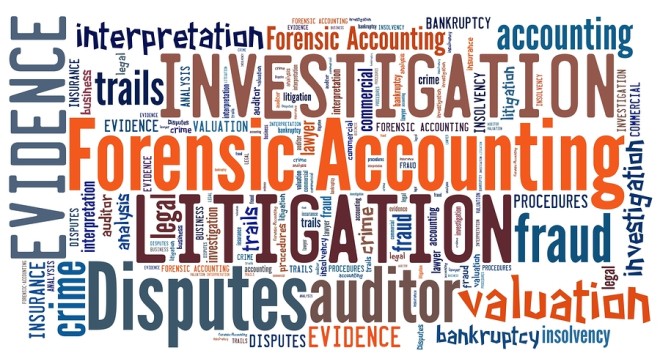When a client voiced strong suspicions that her soon-to-be ex-husband was hiding assets, her attorney investigated the claim but found nothing amiss. However, he hired a forensic accounting expert to help ensure his client would receive an equitable share of the marital estate. The expert turned up a trunkload of hidden treasure — undeclared cash income and property “stashed” under the names of the husband’s mother and siblings.
Deceptive spouses — and other parties to litigation — often are experts at hiding assets. To protect your client from such scam artists, you’ll need your own expert.
Gathering data
To begin their search for hidden assets, financial experts request information and records relating to the spouse’s employment and financial holdings. Details about all sources of income (including pending litigation and insurance settlements), and all banks, brokerage firms and other financial institutions where the spouse has held accounts, are critical.
Experts also need to know about the spouse’s lifestyle and personal spending habits, as well as his or her personal and business relationships. The individual could be funneling income or assets to family members, friends and business associates.
Tax returns can be a particularly rich source of information. Itemized deductions listed on Schedule A, for example, may suggest that the spouse is living beyond his or her apparent means, in turn raising the possibility of hidden assets. It’s important to investigate whether the deductions for property taxes, mortgage interest and charitable giving are proportionate to reported income.
Methods that work
Experts use one or more of several methods to ferret out assets:
Net worth. The spouse’s net worth (assets less liabilities) at the beginning of a period is compared with the ending net worth. Information about assets might be accessed through bank and brokerage records, tax returns, and credit applications.
Expenditure. This strategy is deployed by matching the spouse’s total personal expenditures during a period of time — using evidence from bank statements and canceled checks — against the available sources of funds. These sources can include salary, loans, gifts, inheritances and cash on hand at the beginning of the period.
Bank deposits. This method assumes that money is either spent or deposited. Thus, net deposits (deposits less transfers and redeposits) are added to cash expenditures to
calculate total receipts. Funds from known sources are then deducted to calculate the total funds from unknown sources.
Business owners pose particular challenges
If the suspected scammer is a business owner, he or she may try to use the company to mask assets and income. A deceptive spouse, for example, may use business funds to purchase personal assets, such as cars and real estate, or to cover personal expenses, such as mobile phone bills, insurance premiums or club membership dues. All of these expenditures can reduce the business’s net income, thereby reducing its value as a marital asset.
The business also could have unreported income. A forensic accounting expert will scrutinize:
* Actual expenses,
* Associated expected sales,
* Accounts receivable,
* Journal entry write-offs,
* Internal controls (and the owner’s ability to override them), and
* Expected profitability.
Finally, an expert will search for related-party transactions. These are important because they can indicate the owner’s attempts to divert income from the business.
What clients deserve
No matter how well-intentioned, clients and attorneys are unlikely to be able to find all of a deceptive spouse’s hidden assets or income on their own. Forensic accountants, on the other hand, are trained to gather relevant data, scour it for anomalies and prove that the opposing party is being dishonest. This is the kind of expertise your client deserves. CJA Forensic Accounting provides this type of expertise.
© 2014 TR
 Government over alleged misuse by the organization’s senior executives of finances. Kris Manos, IRD’s interim president who was brought in, hired an outside forensic accounting firm to audit finances, including charges on the credit card of former president, Arthur Keys, who retired last July. Reported in the Washington Post on February 9, 2015, it claims that a
Government over alleged misuse by the organization’s senior executives of finances. Kris Manos, IRD’s interim president who was brought in, hired an outside forensic accounting firm to audit finances, including charges on the credit card of former president, Arthur Keys, who retired last July. Reported in the Washington Post on February 9, 2015, it claims that a